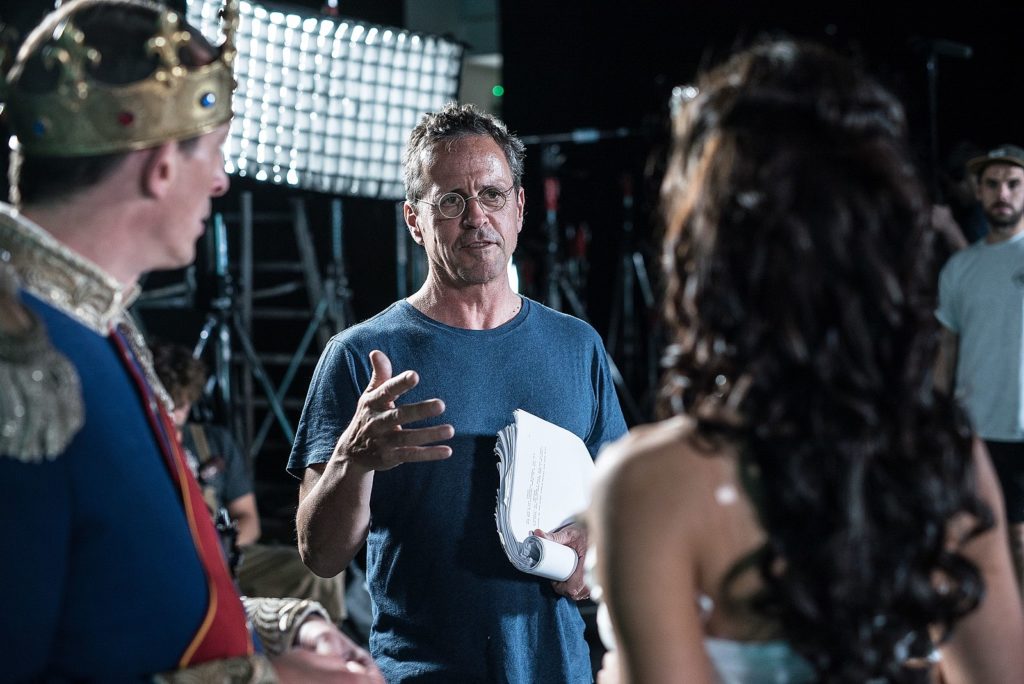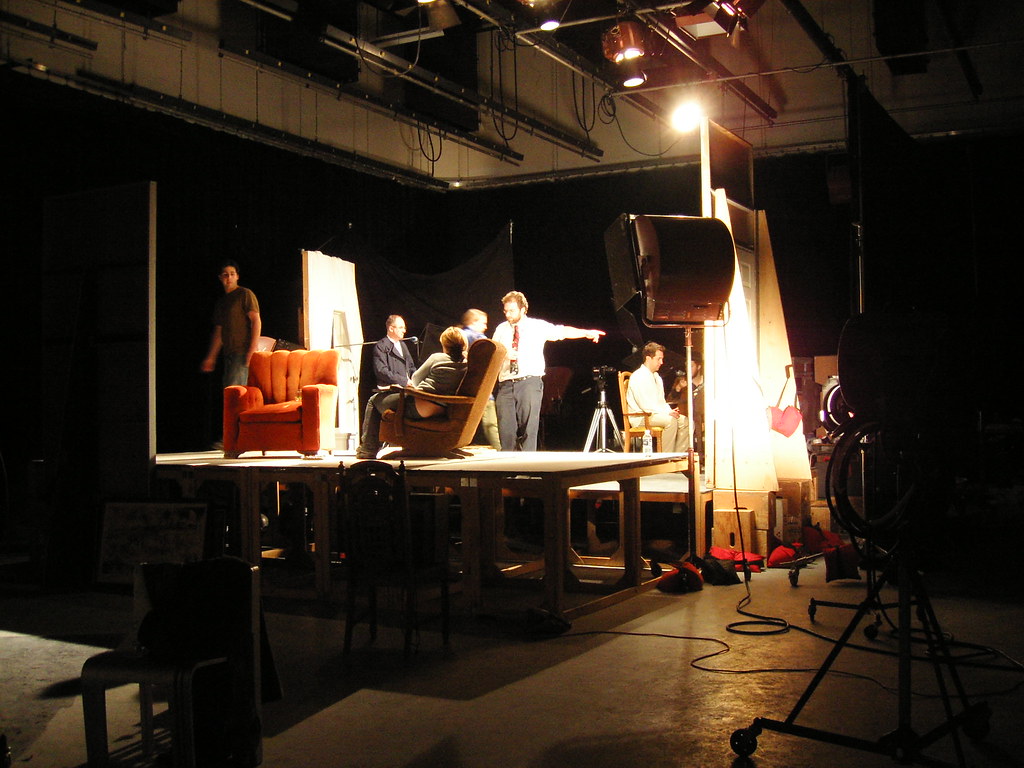23 Jun 2021 Screenwise Tips
Important Set Etiquette All Actors Should Know – Screenwise Tips
Moving from the classroom to an actual working set can be a huge leap for actors. Something that a lot for actors might not be aware of is the on-set etiquette that is expected of them. It’s much easier to get the best performance you can if you aren’t stressing about all the other little things that are happening around you, so here are some

Reading the Call Sheet/Turning Up on Time
One of the most important documents you can receive when you are part of a production is the daily call sheet. It is your bible for all the vital information regarding that day’s shoot. It contains not only call times and locations, but any other important details that you may need on a given day, as well as contact numbers for essential crew in case there is an emergency. As an actor it is your job to know what time you are expected on set and if you are expected to arrive in a certain condition, whether that is a clean face ready for makeup or wearing certain clothes that the costume department has requested.
A film set can be planned and scheduled sometimes down to the minute, so if your call time is 11am always be there at least 15 minutes earlier than that. You don’t want to be the sole person responsible for holding up the entire cast & crew.

Be Prepared, Know Your Lines
While it might seem like something that sounds obvious, it is one of the most important things an actor should have ready. Having all your lines ready to go is essential to making sure everything on set runs smoothly. Time is a commodity on set, while there is nothing wrong with doing multiple takes to get the scene down to the director’s satisfaction, running multiple takes because you are still trying to remember your next line is a fast way to become the most unpopular person on set.

Understanding Communication Channels and the Hierarchy of the Crew
A film set can sometimes seem like absolute chaos. People running everywhere, shouting, yelling, but it all has aa purpose. It is a controlled chaos that can produce some of the greatest results because everyone knows the job required of them. As an actor knowing what everyone’s job is and how they need to communicate with each other can make your life on set much easier. If there is a cable that has been laid that is going to potentially be a trip hazard in your scene, there is no point going to the boom operator and asking for it to be fixed. Instead knowing that either the best boy or grip is usually in charge of something like this you can immediately ask them for the problem be resolved and not take away time from another department who will be busy with their own job. If you’re not sure who to talk to, the first or second AD should be your first point of call.

No touching
It can sound very childish, but sometimes it’s the simple things like don’t touch. When you are on a film set there is a chance that there is going to be some very cool props or set pieces around that are going to make you might want to inspect or hold. You need to assume that everything is where it is for a reason and that it took countless hours to produce. If you damage something or if something goes missing it can throw production hours or even days behind schedule. There are safety concerns as well, sometimes something could have live power running through it or have sharp edges that aren’t immediately apparent, the safest thing you can do on set is only touch what you have permission to and place everything back exactly where you find it.

Following Direction
It’s not only about following direction from a director on set. It’s following all direction.
If you are asked to stand somewhere or avoid certain spots on set, there is always a reason for it. It could be a high traffic zone that the crew needs to keep clear so that they can bring equipment through efficiently and safely. Or it could be an area that is unsafe, there could be a stunt that may be taking place that could result in the area becoming dangerous. Whatever it is, the best thing to do is always keep your ears and eyes open and listen to any instruction you get because it’s always going to be important.
Being Professional
It’s something that should go without saying but being respectful and professional is key on set. It is a very small industry and impressions do matter. You don’t ever want to be walking onto a set where your reputation precedes you. It isn’t about sucking up to certain individuals, it is making sure that you give everyone the respect they deserve and listen to what is said to you. Not only will this keep you informed and safe, but people will then afford the same respect back at you which will make your life much easier on set.
Before making your way as an actor onto set it is essential that you have a great foundation of knowledge that you can draw on. Here at Screenwise we offer a wide range of courses from the two-year full time Advanced Diploma through and the one-year part time Showreel course, as well as a number of short courses. All our courses are filled with crucial knowledge that is delivered by our tutors, working actors and directors who are active in the industry. If this something that interests you or want to keep up to date with everything happening at Screenwise you can submit an expression of interest here, or follow us on our socials on Facebook, Instagram or Twitter.

Share this
Career focussed
Training in acting for film & television
Screenwise offers full-time and part-time intensive creative and technical accredited screen acting programs.
Explore acting courses